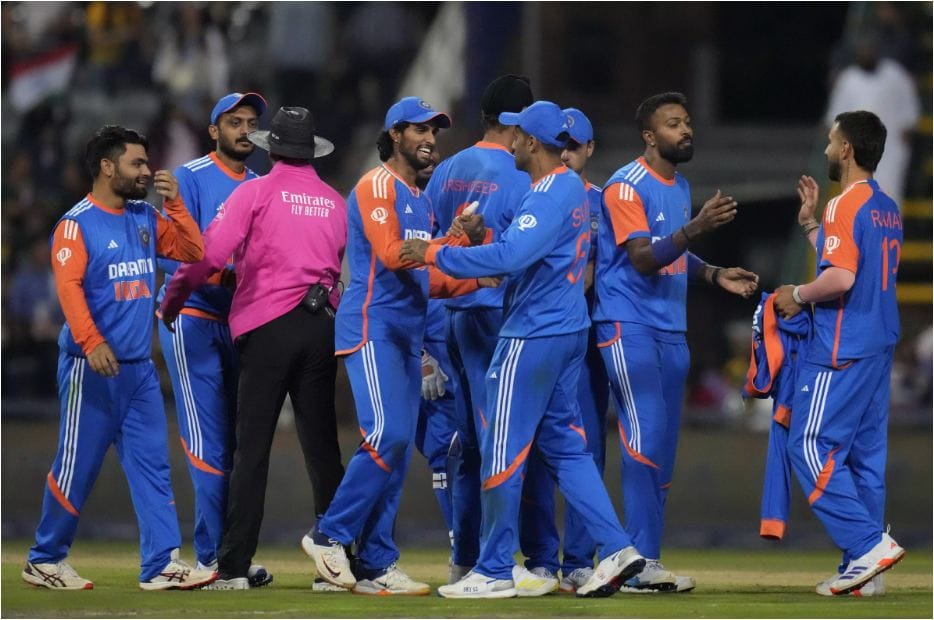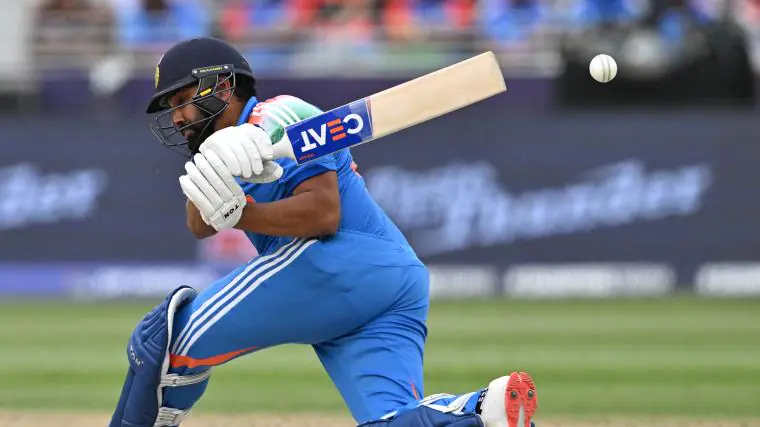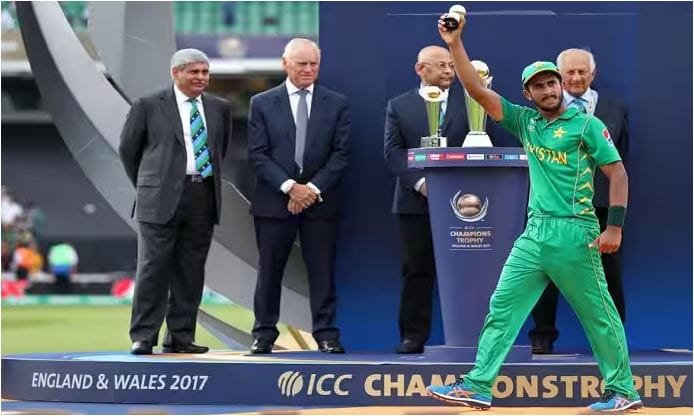
India’s refusal to participate in the ICC Champions Trophy 2025 in Pakistan has raised many questions about the approach the country is taking toward its relations with Pakistan. The decision was made in response to ongoing tensions and security concerns. However, this stance has sparked debates on whether such actions are truly addressing the core issues at hand.
The decision not to play cricket is seen by some as a way of expressing discontent with Pakistan. But is this the most effective way to solve the long-standing problems between the two nations? Critics argue that avoiding dialogue and engagement only deepens the divide. The real challenge lies in how both countries can find a peaceful resolution, and sports like cricket are not the answer to this complex issue.
Despite the growing tensions, India continues to engage with Pakistan in other areas, such as tennis and international meetings. India’s Davis Cup team recently competed in Islamabad, and External Affairs Minister S. Jaishankar attended an international summit in Pakistan. This suggests that while cricket may be off-limits, other avenues for interaction remain open. This inconsistency raises questions about the logic behind India’s cricket boycott.
Understanding India’s Position on Not Playing Cricket
India’s stance on not playing cricket in Pakistan stems from its security concerns, particularly the issue of cross-border terrorism. Over the years, the government has made it clear that until there is a significant change in Pakistan’s approach to terrorism, India will not engage in bilateral cricketing events. This decision reflects the government’s broader policy of not engaging with Pakistan diplomatically or culturally.
However, some critics point out that this hardline approach might not be the solution. While the government’s actions may appear strong, they don’t seem to address the deeper, more complex issues at play. Instead of withdrawing from sports, a more productive approach could involve diplomatic discussions or other forms of engagement.
It is important to note that cricket, while a national passion in both countries, is not the ultimate solution to the problems India faces with Pakistan. Cricket matches, though emotionally charged, do not directly influence the political or security issues that have plagued the two nations for decades. Therefore, some argue that India’s refusal to play in cricket tournaments like the Champions Trophy does not tackle the root causes of the tensions.
India’s Policy: What is the Bigger Picture?
India’s policy of disengagement in cricket is part of a broader strategy of isolating Pakistan diplomatically. By refusing to participate in events hosted by Pakistan, India signals its displeasure with the neighbor’s actions, particularly concerning terrorism. This strategy is consistent with India’s longstanding position on the issue.
However, the problem lies in the fact that boycotting sports events does not address the core conflict. India and Pakistan’s tensions go beyond cricket. The two countries have significant disputes over Kashmir, terrorism, and border security, which require serious diplomatic efforts to resolve. Avoiding communication through one channel, like sports, does not solve these underlying issues.
In the past, India has engaged in dialogue with Pakistan under different circumstances. The willingness to attend multilateral events and competitions like the Davis Cup and the Shanghai Cooperation Organization (SCO) meeting shows that there is a need for open communication, even if it’s not directly related to cricket. If India is serious about resolving its issues with Pakistan, it needs to find ways to negotiate and engage, even if it means participating in some shared activities.
The Decline of Violence and Current Tensions with Pakistan
Over the past few decades, the intensity of violence related to Pakistan has decreased significantly, especially in the Kashmir region. In 2001, the violence in Jammu and Kashmir reached its peak, with over 4,000 fatalities, including militants and security forces. Since then, fatalities have steadily declined, reaching under 200 annually in recent years.
Despite this decrease in violence, there has been a rise in tensions since 2019, particularly after the government’s decision to revoke Article 370 of the Indian Constitution. This change, which led to the revocation of Kashmir’s special status, escalated tensions between the two countries. However, the situation has not returned to the extreme violence seen in the early 2000s.
While security concerns remain, experts argue that the actual level of violence connected to Pakistan is relatively low outside of Kashmir. This raises the question of whether the current situation justifies such a strong stance, like boycotting cricket events. The Indian government needs to seriously assess whether its policy is truly effective or if it’s simply a symbolic gesture.
Boycotting Cricket: Does it Address India’s Real Issues?
Boycotting cricket does not solve the political or security problems between India and Pakistan. The real issues that need to be addressed, such as terrorism and border security, require diplomatic dialogue or other forms of engagement. A refusal to participate in sports does not contribute to resolving these problems in a meaningful way.
Furthermore, international relations are built on cooperation, even if there are differences. India’s continued willingness to engage with Pakistan in other areas, such as tennis or multilateral events, highlights that communication is still possible. The government needs to reconsider its approach and explore ways to use engagement, rather than isolation, as a means to address its concerns.
Ultimately, India’s refusal to play cricket in Pakistan may win domestic political points but it will not end the underlying issues with Pakistan. Only through serious dialogue and a willingness to negotiate can lasting peace be achieved.
Check out the Champions Trophy Stats


